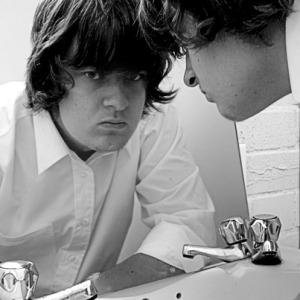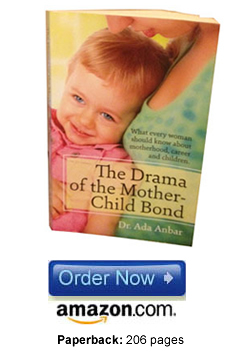 We can no longer ignore the recent changes in American society and their effect on the development and behavior of America’s children.
We can no longer ignore the recent changes in American society and their effect on the development and behavior of America’s children.
High divorce rates, single-parent homes, the rising use of daycare, teenage parenting, and drug use to name a few, are creating a perfect storm of youngsters who are unable to form close attachment to their parents.
This lack of parental attachments leads to poor relationships with others as adults and is considered by mental health experts to be a root cause for other forms of maladjustment observed in American society today.
According to Dr. Ken Magid,
“The prognosis for the future includes the high probability that greater numbers of psychopathic individuals are headed our way…. We may be creating a society in which more and more people without conscience will victimize the innocent.” (1)
We see evidence of this across our country every day. Shootings, violence, bullying. A staggering amount of it from teenagers and ever younger and younger children.
How much of this can be attributed to a lack of parental attachment is unknown. But we can’t ignore the trends. And Magid’s words ring hauntingly true to even the most casual of society’s observers.
The importance and the power of the mother role is staggering. Yet currently de-valued.
“The good mother, the wise mother . . . is more important to the community than even the ablest man; her career is more worthy of honor and is more useful to the community than the career of any man, no matter how successful.” (2)
Fortunately, more women are rediscovering the importance and joys of motherhood (while remaining cognizant of its many difficulties and required sacrifices). More women are willing to take time off from a fast career track to spend time with their infants and toddlers. In spite of the current under-valuation of their role.
“Man and woman power devoted to the production of material goods count as a plus in all our economic indices. Man and woman power devoted to the homes does not count at all. We have created a topsy-turvy world.” (3)
These mothers are heroes. They innately know what clinical psychologist Robert Karen writes about in Becoming Attached:
“Most infants, in order to feel that their love is reciprocated, that they are valued and accepted, and that they are secure enough to happily explore the world, seem to need a lot of unhurried time with at least one person who is steadily there for them – preferably … with someone who is crazy about them.” (4)
These mothers are the best defense against the trends of higher numbers of psychopathic individuals headed our way. And I thank and honor them.
For more information on the critical nature of the mother-child bond, read “The Drama of the Mother-Child Bond”
(1) Dr. Ken Magid, High Risk: Children Without a Conscience, 1987
(2) Ann Crittenden, The Price of Motherhood (New York: Metropolitan Books, 2001) quoting Theodore Roosevelt.
(3) John Bowlby, Attachment and Loss (London: Hogarth Press, 1971)
(4) Robert Karen, Becoming Attached: First Relationships and How They Shape Our Capacity to Love, (New York: Oxford University Press, 1994)





